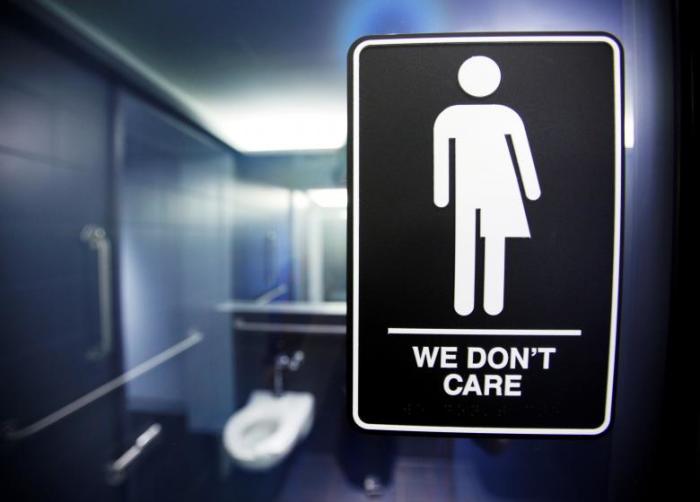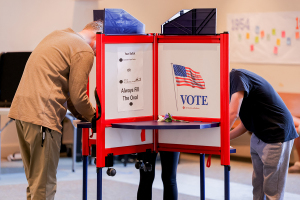11th Circuit vacates ruling in favor of trans student, will rehear Fla. school bathroom case

The 11th U.S. Circuit Court of Appeals has vacated an earlier ruling favoring a trans-identified student seeking to use the bathrooms based on gender identity rather than biological sex.
The appeals court issued an order on Monday in the case of Drew Adams v. School Board of St. Johns County, Florida, granting a full en banc hearing before the 12-member court, vacating a three-judge panel's earlier decision.
Born in 2000 as a female but presently identifying as male, Adams was initially allowed to use the boy’s restrooms for six weeks in ninth grade. But eventually, officials barred Adams from doing so.
Although officials gave Adams the alternative of using a gender-neutral, single-stall bathroom, the student filed a lawsuit against the school district on the grounds of discrimination.
In August 2020, the three-judge panel of the 11th Circuit ruled 2-1 in favor of Adams, with the majority opinion arguing that the school board violated federal civil rights law.
Circuit Judge Beverly Martin, an Obama appointee, authored the majority opinion concluding that Adams’ federal Title IX rights were violated by the school standard.
“This case calls upon us to decide whether the St. Johns County School District’s policy barring Mr. Adams from the boys’ restroom squares with the Constitution’s guarantee of equal protection and Title IX’s prohibition of sex discrimination. We conclude it does not,” wrote Martin in the 2020 decision.
“Adams, for his part, does not question the ubiquitous societal practice of separate bathrooms for men and women. Instead, Mr. Adams argues the School Board’s bathroom policy singles him out for differential treatment on the basis of his gender nonconformity and without furthering student privacy whatsoever. The record before us has persuaded us to his view.”
Chief Judge William Pryor, a George W. Bush appointee, authored a dissenting opinion. He concluded that the 2020 panel majority opinion “distorts the policy, misunderstands the legal claims asserted, and rewrites well-established precedent.”
“By failing to address head-on the lawfulness of sex-separated bathrooms in schools, the majority recasts the school policy as classifying students on the basis of transgender status,” wrote Pryor.
“And based on this recasting, it reaches the remarkable conclusion that schoolchildren have no sex-specific privacy interests when using the bathroom.”
Attorneys for the school board argued that the 2020 decision was based on a "hypothetical" situation, according to WWSB.
“The actual policy here, while theoretically imperfect, is substantially related to student bathroom privacy,” the board's motion for en banc hear reads. “Indeed, the policy perfectly classifies nearly every student in the district, as at the time of the trial, the board was aware of only 16 transgender students out of approximately 40,000. There is no evidence that even those students’ sex as denoted in their enrollment materials did not match their biological sex, and we know that was not the case with Adams. More importantly, the policy classifies all students on the basis of biological sex, without regard to gender identity.”
Ed Whelan, the distinguished senior fellow with the socially conservative Ethics and Public Policy Center think tank and a former law clerk for the late Justice Antonin Scalia, voiced support for the decision to review in a column for the National Review.
“[T]he grant of en banc rehearing might ultimately tee the issue up for Supreme Court review and thus enable the Court to minimize the damage from its serious error in failing to grant certiorari in the Fourth Circuit case of Gloucester County School Board v. Grimm.”
In the Grimm case, the 4th U.S. Court of Appeals concluded that a Virginia school district could not lawfully stop a biologically female trans-identified student from using boys' bathrooms.
In June, the Supreme Court refused to hear an appeal in the Grimm case, allowing the circuit court decision to stand.
Both the 11th Circuit and the 4th Circuit decisions cited last June's Supreme Court ruling in Bostock v. Clayton County, a decision finding that employers are not permitted to fire someone based on sexual orientation or gender identity.
Although the Bostock ruling pertained to employment matters, the ruling has been cited in other legal decisions and policies enacted during the Biden administration.




























